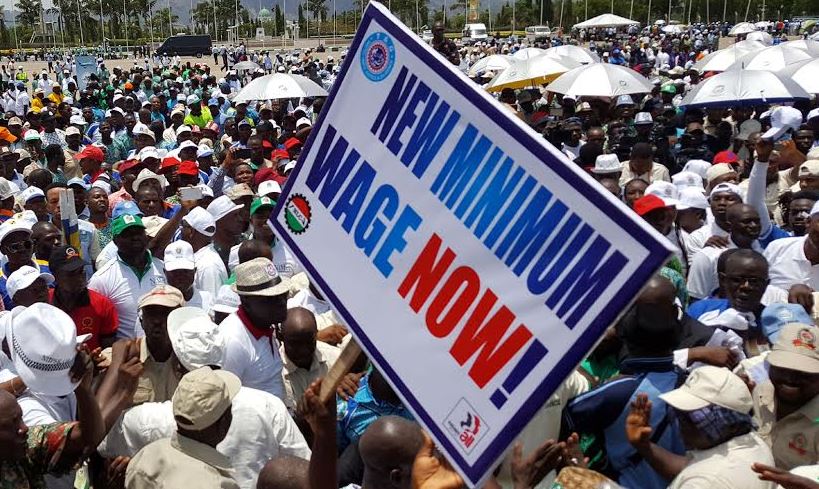Nearly two months after the Economic and Financial Crimes Commission (EFCC) carried out a landmark raid, arresting 792 suspects, including 193 foreigners and 599 Nigerians, the anti-graft agency has begun the prosecution of some of those arrested.
On Friday, the EFCC arraigned 13 Chinese nationals and a company, Genting International Co. Limited, before Justice Deinde Dipeolu at the Federal High Court in Lagos.
The Charges Against the Defendants
The EFCC legal team, led by Director of Legal Affairs Larry Peters Aso, Bilkisu Buhari-Bala, and two others, presented the charges against the 13 Chinese nationals, citing violations of Sections 18 and 27 of the Cybercrimes (Prohibition, Prevention, Etc.) Act, 2015 (as amended in 2024).
The defendants, who were assisted by an interpreter, were accused of:
- Illegally accessing and manipulating computer systems with the intent to destabilize Nigeria’s constitutional structure.
- Employing and training Nigerian youths for identity theft, teaching them how to impersonate foreign nationals to commit financial fraud.
The foreign nationals charged include:
- Wanq Jia Qi (aka Xiao Tian)
- Wang Zheng Ming
- Liyin Hui
- Xiao Hong Will
- Zhang Xiuo Lei
- Ling Yang (aka Long Shao Ming)
- Guo Xiao Fei
- Yang Sheng
- Wang Zheng Feng (aka Feng)
- Chen Wenyuan
- Liu Sau Hua
- Luo Jia You (aka You)
- Rheign Dela Vega (aka Rheignal)
All the defendants pleaded not guilty, except for Wang Zheng Ming, who rejected the EFCC-appointed lawyer and requested time to hire his legal counsel.
Justice Dipeolu has adjourned the case to February 3, 7, 14, and 21 for trial, ordering that the defendants be remanded at the Nigeria Correctional Centre until their bail applications are heard.
EFCC’s Landmark Raid in December 2024
The EFCC first announced the arrests on December 16, 2024, following a surprise operation on December 10, 2024, at a seven-storey building known as the Big Leaf Building, located at No. 7, Oyin Jolayemi Street, Victoria Island, Lagos.
According to Wilson Uwujaren, EFCC’s Director of Public Affairs, the raid followed months of surveillance and intelligence gathering on a syndicate involved in cryptocurrency investment fraud and romance scams.
Among those arrested were:
- 148 Chinese nationals
- 40 Filipinos
- 2 Kharzartans
- 1 Pakistani
- 1 Indonesian
How the Syndicate Operated
The EFCC revealed that the foreign syndicate used their Victoria Island base to:
- Train Nigerian recruits in romance and investment scams.
- Use stolen Nigerian identities to perpetrate fraud.
- Run fraudulent cryptocurrency schemes targeting victims globally.
Foreigners Exploiting Nigeria’s Reputation for Fraud
The EFCC dismissed the stereotype that Nigerians are solely responsible for the country’s reputation in global fraud cases, stating:
"What is clear from this arrest is that the notion that Nigerians are behind the tonnes of fraud emanating from our country is incorrect."
EFCC further stressed that foreign criminals are taking advantage of Nigeria’s image to establish fraudulent enterprises, but assured that there will be no hiding place for criminals in Nigeria.
What’s Next?
- More foreign suspects will be arraigned in the coming days before other judges of the Federal High Court.
- Further investigations will determine the full extent of the criminal network and its impact on global financial fraud.
- The EFCC is expected to push for harsh penalties as a deterrent against cybercrime operations in Nigeria.
The crackdown on cyber fraud marks a major step in Nigeria’s efforts to combat international financial crime, and all eyes are now on the court proceedings to see how justice will be served.




